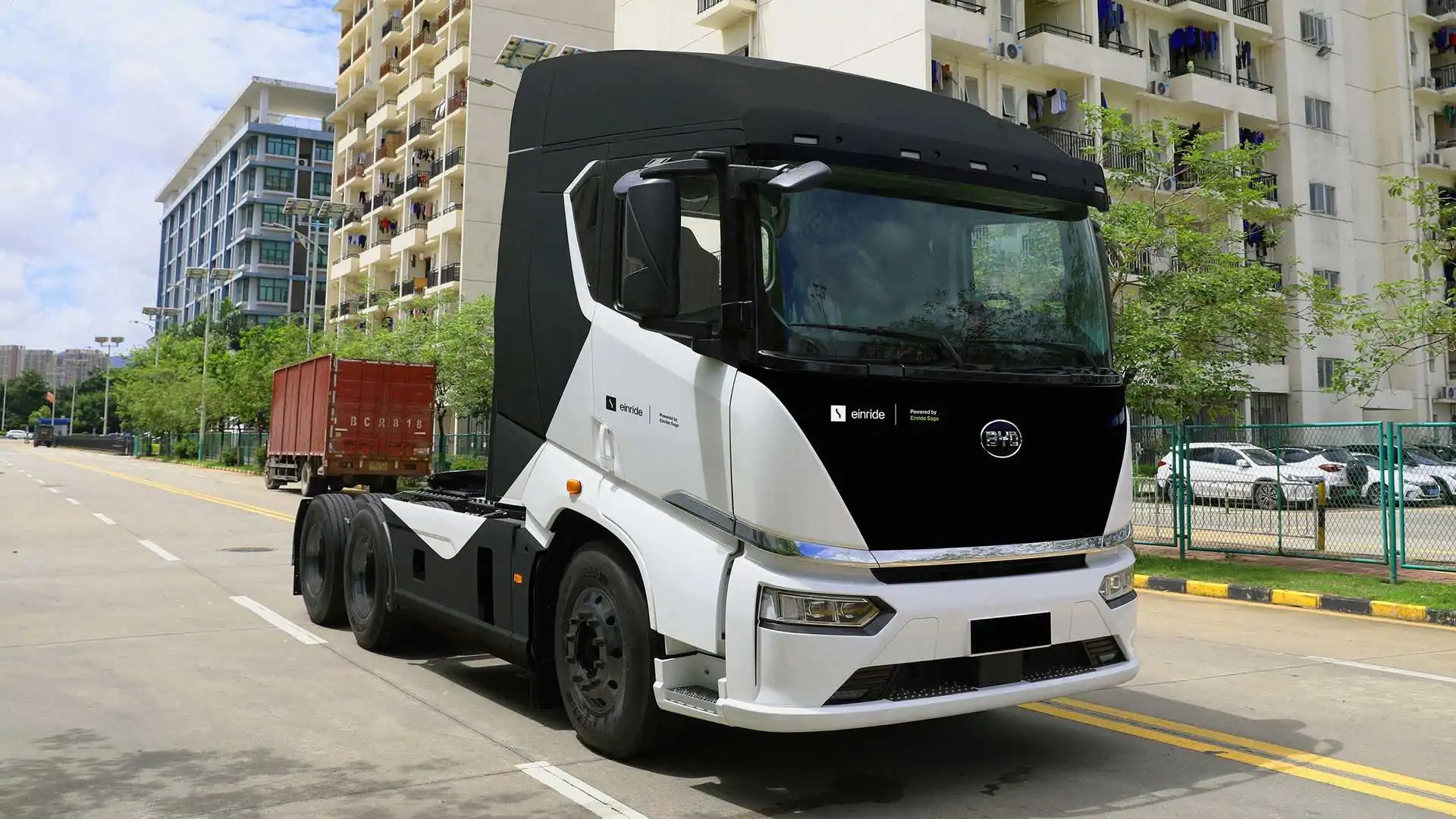
EV push in Budget to give fillip to Warehousing & Logistics sectors
NEW DELHI : The government’s ambitious push for electric vehicles (EV), outlined in the interim budget for FY25, is poised to revolutionise not just transportation but also industries such as modern warehousing.
By extending support to both EV manufacturing and charging infrastructure, the government aims to create a conducive environment for the widespread adoption of such eco-friendly vehicles.
The synchronisation of this plan with the ‘Make In India’ programme and the implementation of Production Linked Incentives (PLI) for EV manufacturing fortifies the government’s commitment to foster a robust EV industry.
“The recent budgetary emphasis on electric vehicles represents a transformative moment for India’s industrial landscape. The anticipated surge in EV adoption promises to significantly impact both warehousing and manufacturing, fostering a more sustainable and resilient supply chain ecosystem,” said Amrutesh Reddy, Managing Director NDR Warehousing.
The surge in EVs won’t just reshape the Indian automobile industry; it’s expected to create a domino effect, propelling demand for new storage, distribution, and logistics facilities.
The need for strategically located warehouses to efficiently handle the manufacturing, storage, and distribution of EV parts and products is expected to grow significantly. This boom is underpinned by the need for adequate infrastructure to support the burgeoning EV market.
The expected spurt in demand for warehousing is mainly because of the intricate logistics involved in the EV supply chain. As manufacturing units, charging stations, and distribution networks expand, the need for advanced warehousing facilities would become imperative.
These facilities must be equipped with state-of-the-art technology, energy-efficient systems , and ample space to accommodate the growing inventory of EVs and their components.
“The EV space in India is likely to see investments of Rs 94,000 crore ($12.6 billion) across the automotive value chain, over the next five years. During 2023, the country recorded about 1.53 million EV registrations, a 50% YoY growth, indicating continuous growth in adoption of EVs. With an uptick in demand for EVs, the charging infrastructure market is required to grow parallelly to fulfil the demand,” said Vimal Nadar, Head of Research at Colliers India.
Moreover, the government’s focus on incentivising domestic manufacturing aligns with its aim of creating a self-reliant EV ecosystem

